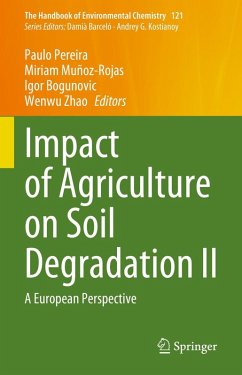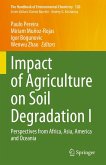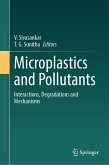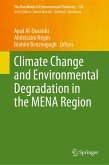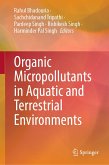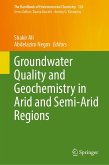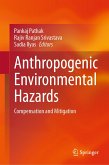Soil degradation caused by agriculture practices is a complex issue which depends on the interaction of social, economic, political, and environmental aspects. In this book, expert contributors elucidate the extension of the effects of agriculture on soil degradation in Europe, a continent with different cultures and political backgrounds that affect agricultural practices. Readers will also find in this book authoritative solutions to minimize the effects of agriculture intensification and land-use in this continent.
Divided into 12 chapters, the book offers a European perspective on soil quality and sustainable management, including case studies about the impact of chemical agentslike fertilizers, herbicides, pesticides, and soil acidification and microplastics pollution in agriculture practices from countries such as Croatia, Czech Republic, Estonia, Latvia and Lithuania, Germany, Portugal and Greece, Hungary, Iceland, Italy, Slovenia, Spain, Sweden, and Ukraine.
Given the breadth and depth of its coverage, the book offers an invaluable source of information for researchers, students and environmental managers alike.
Dieser Download kann aus rechtlichen Gründen nur mit Rechnungsadresse in A, B, BG, CY, CZ, D, DK, EW, E, FIN, F, GR, HR, H, IRL, I, LT, L, LR, M, NL, PL, P, R, S, SLO, SK ausgeliefert werden.

